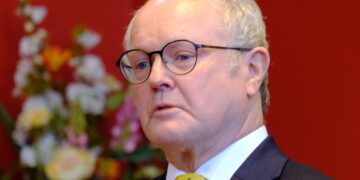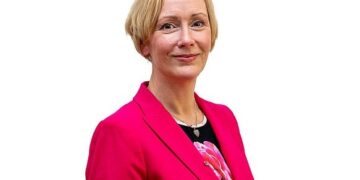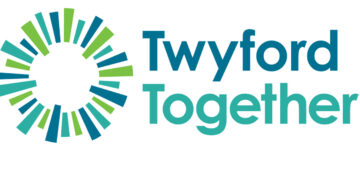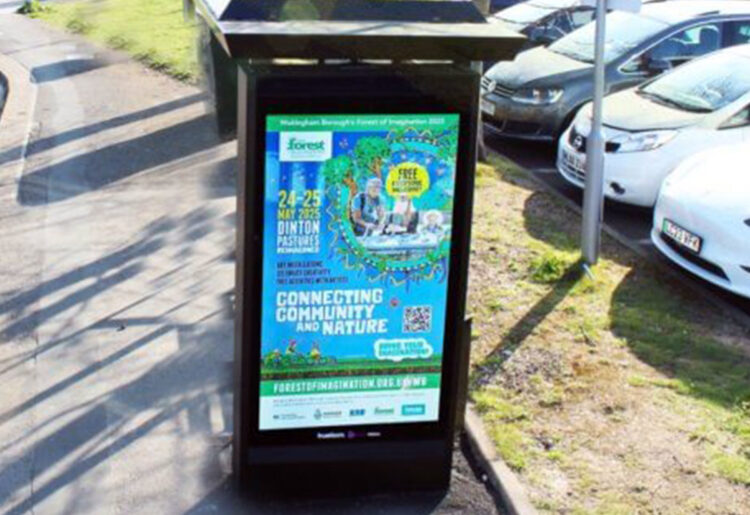Wokingham borough councillors have raised concerns that banning unhealthy advertisements could end up losing thousands of pounds a year in revenue.
On Monday night, the authority’s overview and scrutiny management committee were grilled by environmental campaigners over its emerging advertising policy.
The council is looking to ban advertising on its assets, such as bus shelters, of things like ‘petrol and diesel cars, fossil fuel firms, single use drinks bottles, fried and fast food, sugary cereals and biscuits.
Other brands and products that could be banned are those promoting gambling, pay day loans, or political causes.
But the council could be impacted financially by restricting these types of advertising.
At the moment, the council makes around £173,000 per year based on national standards.
A council officer added: “There are financial implications against the level of constraints we put in.”
Members from AdBlock Reading and Wokingham said they welcomed the change.
Speaking at the meeting, Claire Hawkins said: “I am a member of Adblock Reading and Wokingham, and a nurse.
“I am told to ‘make every contact count’, trying to help people stay well.
“I have spent 20 years attempting it, but the rising tide of advertising, encouraging us to eat processed foods, high in fat, sugar and salt, and to buy polluting cars and flights, makes my efforts feel futile.
“Fossil fuel use is destroying our environment. Ill health from obesity is through the roof.
“Our climate is becoming unstable, but the outdoor advertising industry is booming, making profits for the big corporations at the expense of the health and well-being of every living thing.
“They sell us dissatisfaction and ill health and the NHS and Council services pay the cost.
“More places and institutions are implementing restrictions.
“A petition to ban fossil fuel advertising has triggered a parliamentary debate.
“We do not need to be encouraged to buy more self-destructive products, but we have no choice about whether we see the advertising on outdoor digital screens.”
Some councillors raised concerns that the draft policy wasn’t doing enough.
Cllr Pauline Jorgensen, leader of the Conservative group. said: “There is a danger here that we’re trying to create a policy without understanding the entire remit and sufficient depth – because really it’s something too big to do ourselves.”
But Labour’s Cllr Andrew Gray said: “It’s surely better to try and move forward and do something on it, rather than say there are a couple of things that might not be perfect, and therefore scrap the whole lot.”
A council officer said the new policy would require a renegotiation of advertising contracts. He said the council would hope to ‘minimise impact’ during this process, but that “.. we will not know for sure until we make the changes”.
The possible loss in revenue would happen if any of the “banned” brands or products move their out-of-home advertising to non-council channels with less restrictions.
The final decision regarding the advertising policy will likely go to the council’s ruling executive committee for approval in September.

















































